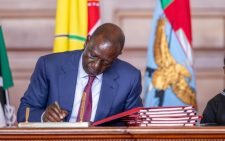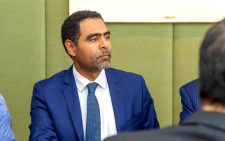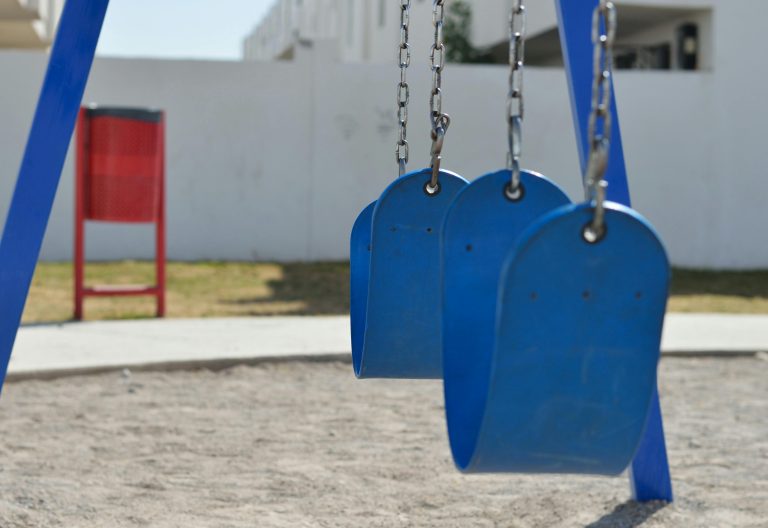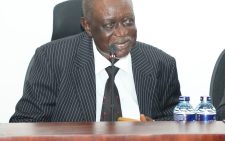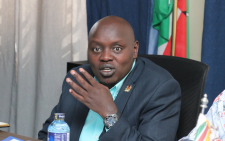Bursaries row: Education of millions at risk
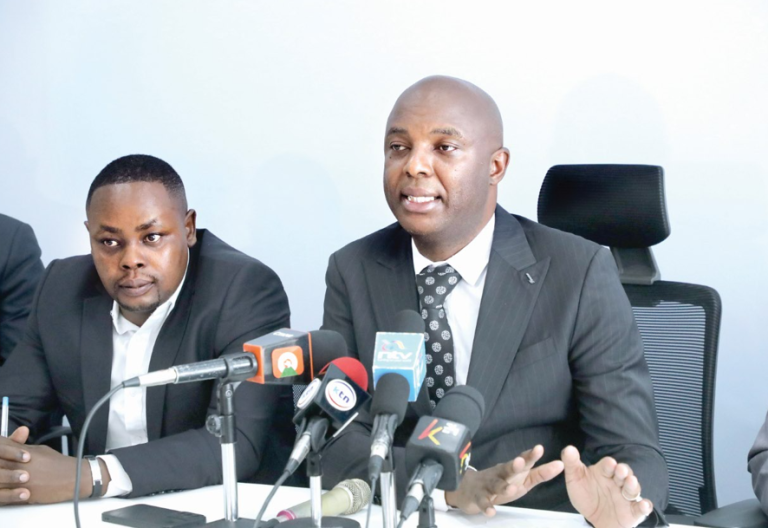
Millions of bright but needy students won’t return to school this week following the Controller of Budget’s (CoB) refusal to allow county governments to use their bursary funds. This decision has rendered millions of shillings in county-issued checks worthless, worsening the education crisis.
Questions arose about the CoB’s position, as a court order only restricted counties from allocating funds for bursaries beyond the current financial year. County governments now question why the CoB is seemingly defying both legal provisions and court directives.
Murang’a County has initiated court proceedings seeking clarification on orders issued by the Nakuru High Court in Petition No. E012 of 2024, involving the Katiba Institute versus the CoB, Nakuru, Murang’a, and other interested parties.
Governor Irungu Kang’ata of Murang’a explained that while his administration had filed contempt proceedings against Controller of Budget Margaret Nyakang’o, the issue affects all 47 counties, placing millions of scholarship-dependent students in limbo.
“Schools are reopening tomorrow, and millions of Kenyan children who depend on county government bursaries and scholarships will not be attending,” Kang’ata said at a press conference in Nairobi.
The Nakuru court clarified on April 8 that its earlier conservatory orders from February 3 only restricted processing new bursaries extending beyond the current financial year.
Through lawyer Ngonyo Munyua, Murang’a is now seeking to have Nyakang’o convicted for contempt and committed to civil jail or face other appropriate sanctions.
‘Underminig devolution’
Kang’ata emphasised that while Murang’a filed the case because it was party to the original Nakuru proceedings, “the 47 counties are impacted by this case, but most importantly, millions of Kenyan children are currently affected by Dr Nyakang’o’s actions”.
Counties must obtain CoB approval before spending funds. “We cannot expend unless we get that permission, but she declined,” the governor said, describing Nyakang’o’s actions as undermining devolution and intergovernmental relations.
The controversy arose from a January 14, 2025 circular addressed to all counties and signed by Nyakang’o, stating she would no longer allow counties to spend money on scholarships and bursaries. The directive took immediate effect without transition time.
“That made many counties unable to spend and many children unable to attend school in the first term,” Kang’ata explained. Some counties had already issued checks expecting to requisition those funds from the CoB.
Kang’ata raised several critical questions, including why the change needed to be implemented now, after a decade of established practice since devolution began. Most counties have enacted laws authorising bursary access, which haven’t been invalidated by any court.
Under legal practice, he said, there is a presumption of constitutionality for all Kenyan laws, adding that Nyakang’o has no power through a letter to invalidate laws passed by county assemblies.
He also questioned why the CoB approved bursary requisitions for over 10 years since devolution began, only to reverse course now.
If the CoB doesn’t reconsider its decision, about 50,000 bright but needy students in Murang’a alone will be unable to attend school.








